Published
- 03:00 am
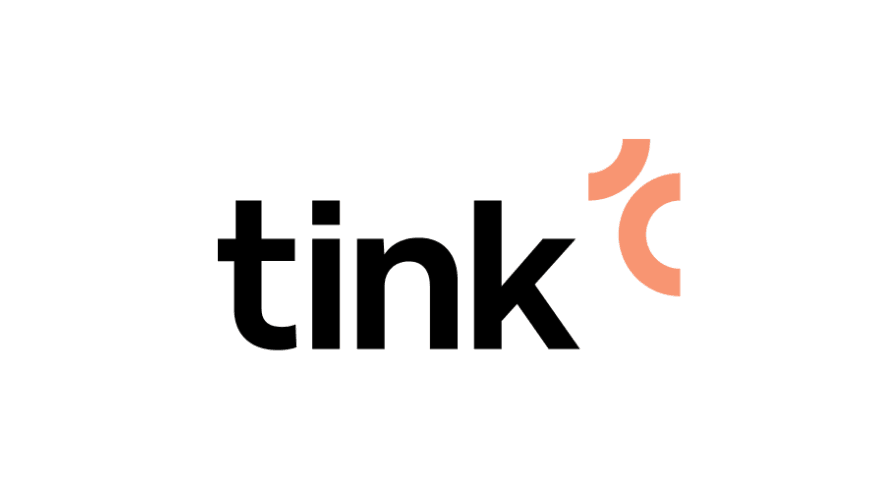
- New research from Tink finds over one in three (37%) financial executives expect their institutions to take more than a decade to complete their open banking objectives
- While a further 40% expect to take 5-10 years to fulfil their open banking objectives
- Despite this, positive sentiment towards open banking rises from 55% in 2019 to 71% in 2021 as executives take advantage of its commercial potential and recognise its strategic importance
New research, published today by Europe’s leading open banking platform Tink, reveals that in spite of growing positivity, the complete implementation of open banking will take financial institutions many years to realise.
The survey of 308 executives across 12 countries found that four in ten (40%) believe it will take their institution between 5-10 years to realise its open banking objectives, and a further 37% believe it could take over a decade. These cautious timescales reflect the size of the task at hand, with many organisations embarking on complex, large-scale open banking transformation projects that will take several years to realise.
Of those surveyed, executives in Spain (37%), Italy (34%), and France (30%) were most optimistic about their open banking timescales - predicting their institutions’ objectives can be completed in under five years. This reflects a more limited scope for open banking strategies in these markets, focusing on short term compliance-based use cases rather than larger scale open banking transformation projects.
Meanwhile, with the UK a trailblazer for the open banking movement, it is unsurprising that its executives are positive about the completion of their open banking objectives, with over one in four (28%) expecting their institution to deliver on its objectives in under five years.
When examined across sectors in Europe, challenger banks and wealth management firms are most bullish when it comes to timescales, as 75% and 74% respectively believe their institutions’ open banking objectives can be achieved in under a decade. At the more cautious end of the scale, only 55% of mortgage providers, 56% of credit providers, and 57% of payment service providers believe they can reach open banking maturity within a decade.
Open banking: a revolutionary force on the industry
While legacy infrastructure and technical challenges mean the pace of open banking transformation may be relatively slow, there is evidence that financial institutions have a keen appetite to embrace its benefits. Over four in five (83%) European financial executives believe open banking is having a revolutionary effect on the financial services industry, and positive sentiment towards open banking continues to rise – up from 55% in 2019 to 71% in 2021.
Financial institutions in Belgium (87%), the Netherlands (85%) and the UK (81%) are most positive about open banking. What all three have in common is a competitive and innovative financial services ecosystem with a collaborative relationship between TPPs and incumbent financial institutions.
Financial institutions across Europe are also waking up to the size of the open banking prize – recognising immediate commercial opportunities to be realised by enhancing the customer experience (36%), launching new digital services (35%) and increasing revenue (34%).
Daniel Kjellén, co-founder and CEO, Tink, said: “As an early pioneer of open banking, it’s exciting to see our predictions come true, as the vast majority of European financial institutions are eager to embrace open banking’s true potential. But we know an open banking revolution won’t happen overnight and we recognise that the pace of change may be slow as institutions grapple with complex transformation projects that could take over a decade to deliver.
“And it’s not because of a lack of appetite on the part of financial institutions – many find themselves held back by legacy infrastructure or technological challenges. This is where fintech partnerships can work to catalyse open banking strategies. Building open banking infrastructure is difficult – rather than embarking on in-house transformational projects which can take a decade to come to fruition, smart partnerships can shortcut timeframes and leapfrog legacy systems, allowing institutions to reap the rewards of open banking earlier than they might realise.”
Related News
- 07:00 am
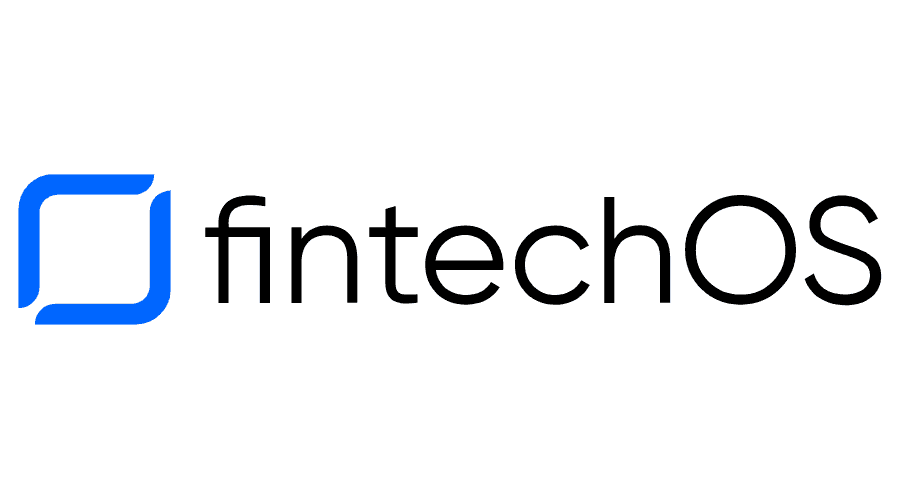
FintechOS Leap, the free banking and insurance event from FintechOS, a global technology provider for banks, insurers, credit unions and other financial services companies, will be taking place between 2nd – 3rd November 2021.
The event formerly known as Finvision - will bring together over 1,000 leaders working in banking and insurance and is designed to fast-track the digital roadmap for companies working across these two industries. The event’s new name better reflects the journey of FintechOS’s brand with the tech provider maturing and expanding its products, customer base and the markets it operates in. Since its Series B funding round announcement, FintechOS has entered the US market and has its sights
set on Asia Pacific, the Middle East and North Africa.
The conference and exhibition will bring to the forefront FintechOS’s self-service approach that empowers institutions to build, test and scale digital products in weeks rather than months, and attendees will be walked through the FintechOS platform, hearing from companies already using ‘plug and play’ solutions such as FintechOS Lighthouse and FintechOS Northstar.
Featuring over 20 speakers, covering the latest trends in tech innovation and digital leadership, FintechOS leap sessions include:
- How to build a low code/no code banking product in 15 minutes
- Super apps in banking and insurance
- Cloud innovation in financial services
- Building the bank of tomorrow
- Delivering the right digital first claims experience.
Sessions will be held in a variety of formats including keynotes, fireside chats, radio shows, panels, lightning talks, Q&As and networking sessions both virtually and in-person. The event will be held at The Brewery in Central London and be streamed via the Hopin virtual platform. To register for the event please visit https://leap.fintechos.com/.
“After almost a two year absence, we are very excited we can have an in-person event again and we can’t wait to meet our customers, prospects and partners at FintechOS Leap, live from London.” Said Teo Blidarus CEO and co-founder of FintechOS. “This year we’ll leap into real-life digital transformation journeys, as various well-respected figures from banking and insurance will highlight the ups and downs of digitization, and things to look out for along the way. Attendees will also learn how the latest FintechOS platform can upgrade their customer experience – it’s not one to be missed.”
Related News
- 03:00 am
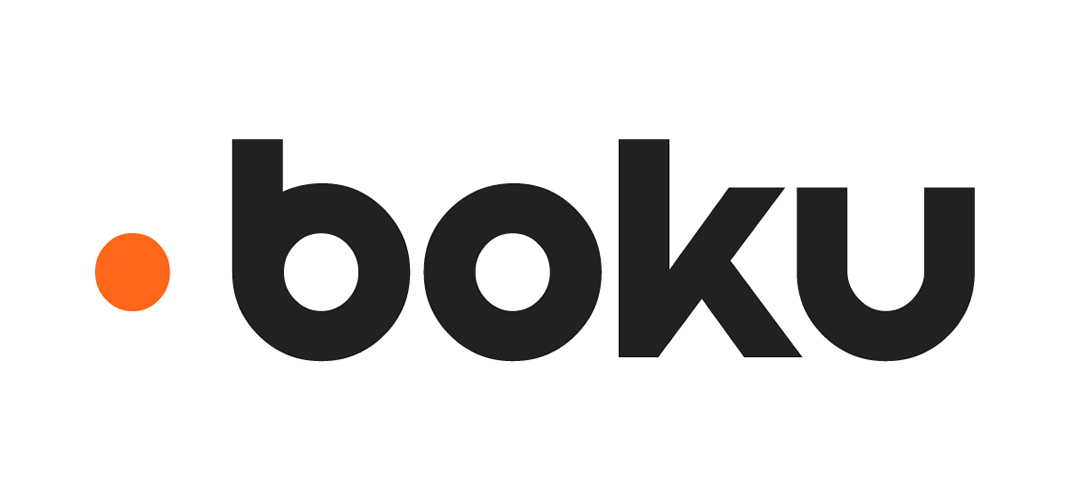
- Russia, Germany, Portugal and Sweden are projected to grow the fastest for mobile payment transactions in Europe by 2025, comprising four of the ten fastest countries globally.
- Despite rapid growth in mobile transactions, Europe lags behind emerging markets when it comes to mobile wallets. Africa and The Middle East and Latin America are the two markets set to grow most significantly by 2025 with seven of the top 10 fastest growing countries for mobile wallet purchases hailing from these regions.
- By 2025 SadaPay (Pakistan), MercadoPay (Brazil) and PicPay (Brazil) will be the fastest growing mobile wallets in the world.
- Between 2020 and 2025 the number of mobile wallets transacting over USD $1 billion per year will increase by 27%, creating a growing acceptance challenge for merchants.
The biggest study of mobile wallets in the world, released by payments fintech Boku, with data from Juniper Research, reveals that Europe will be home to four of the ten fastest-growing countries for mobile payment transactions by 2025. Russia, Germany, Portugal, and Sweden are projected to grow the fastest in Europe, comprising four of the ten fastest globally, with France, Norway, Spain, Denmark, Netherlands, and the UK, being the other European nations helping make up the top 20.
Despite this growth in mobile transactions, Europe lags behind emerging markets when it comes to mobile wallets. Africa and The Middle East and Latin America are the two markets set to grow most significantly by 2025 with seven of the top 10 fastest growing countries for mobile wallet purchases hailing from these regions. When it comes to specific wallets, it’s those based in emerging markets where the growth is set to happen. By 2025 SadaPay (Pakistan), MercadoPay (Brazil) and PicPay (Brazil) are predicted to be the fastest growing mobile wallets.
Boku’s report also reveals that one in two people globally will use a mobile wallet by 2025. The growth of mobile wallets is down to factors such as:
- Displacement: Mobile wallets are displacing cash, bank transfers and card transactions as commerce shifts further online and consumers seek more convenient and secure payment methods.
- Ease of access: Many consumers in emerging markets, particularly younger ones, are opting for mobile wallets, that enable them store value and transact digitally, instead of traditional bank accounts.
- Super-apps: Outside of North America and Europe, mobile wallets offer greater utility - from ticketing to delivery services. They are increasingly “essential” for digital commerce with growth commensurate.
For merchants to grow globally, they must accept the mobile payment methods that consumers prefer in target markets, which in many cases are increasingly mobile. Some markets, such as the UK, are seeing contactless payments as a major driver of usage going forward; spurred on by the pandemic. But for many markets around the world, mobile wallets are the preferred mobile payment method. Between 2020 and 2025 the number of mobile wallets transacting over USD $1 billion per year will increase by 27% creating a growing acceptance challenge for merchants.
To support merchants with that challenge, Boku recently launched its M1ST (Mobile first) network. M1ST is the largest mobile payments network in the world, reaching 5.7 billion payment accounts in 90 countries through 330+ mobile payment methods. Through M1ST, merchants can quickly and securely serve billions by accepting mobile wallets, real-time payments and carrier billing through a single API integration.
“eCommerce payments continue to be the primary driver of digital wallet usage around the world. This is a result of outdated payment types, such as cards and cash, not being designed for eCommerce.” Said Jon Prideaux CEO of Boku. “Consumers are gravitating to mobile-first payment methods and “super-apps” that offer a better user experience, better security and better rewards. If merchants want to attract, convert, and retain mobile-first consumers, they need to accept the mobile-first payment methods they have and use. For European merchants with global ambitions, this requires a new strategy for payment acceptance that goes well beyond cards and into mobile-first payments.”
Related News
- 07:00 am
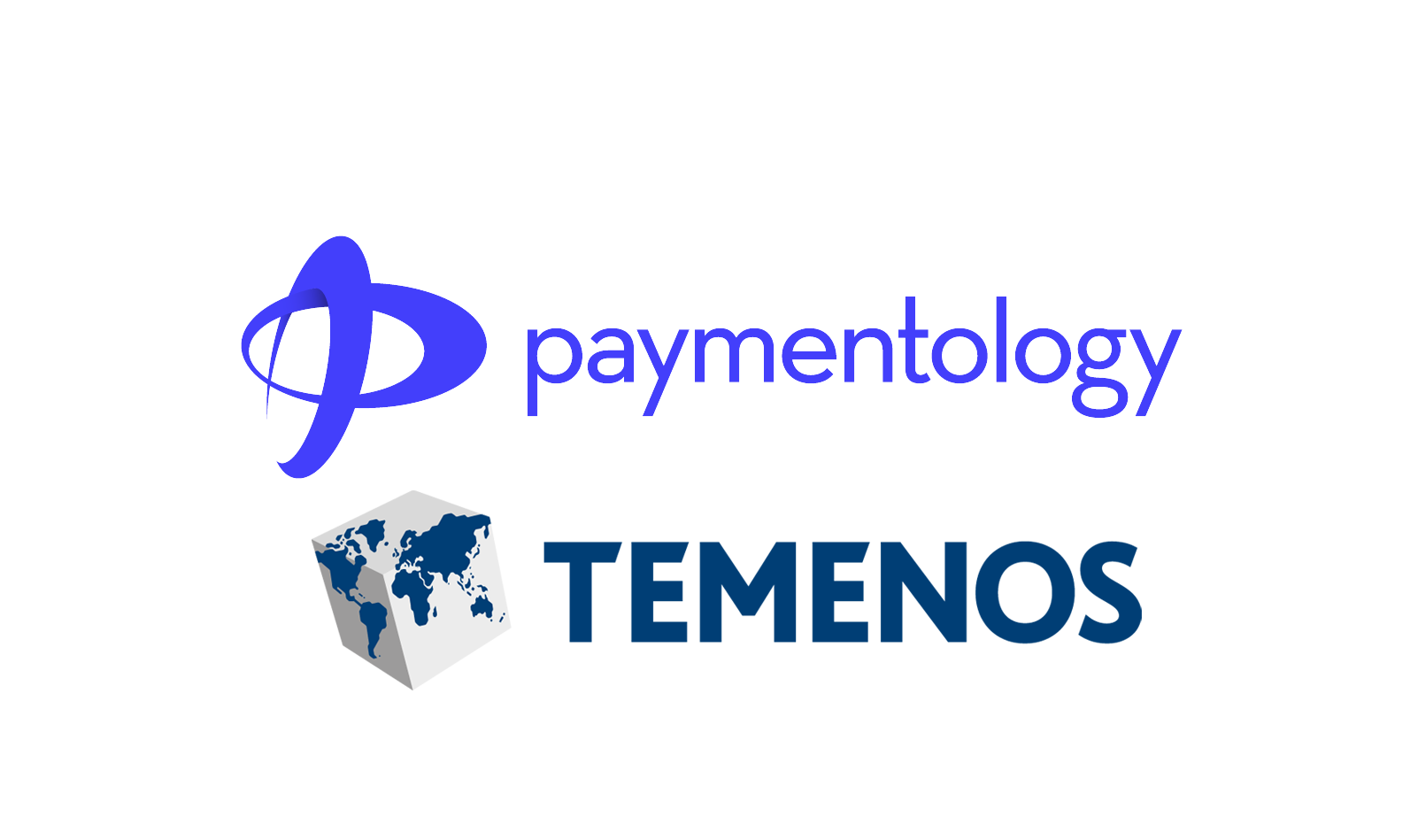
Partnership with Temenos opens up Paymentology technology for banks to deliver more customer-centric payment services Temenos (SIX: TEMN), the banking software company, today announced that Paymentology, the banking digitization, payment and data specialist, is now live on Temenos MarketPlace. The collaboration offers Temenos banking clients a pre-integrated solution to deliver innovative card products with spend controls and enhanced features, backed by highly secure, cloud-native payment processing technology.
Paymentology is a market leader in payments processing, used by many of the most disruptive challenger banks, such as Revolut and Standard Chartered's Mox Bank, to power their highly customer-centric card programs.
The SaaS solution provided by Paymentology empowers banks to have more control over their cardholders' spend-cycle, allowing them to create and modify card programs in minutes, not months. It also will enable banks to offer buy-now-pay-later (BNPL) and installment services, as well as insurance, to their cardholders.
The technology provides banks with an enriched real-time data feed with access to over 120 lines of data associated with any given transaction, rather than just the 10-20 lines of data most legacy systems use, which may not even be accessible in real-time.
This capability allows banks to understand their customers' behavior and requirements better. It also empowers banks to launch more effective card programs based on more granular, calculated, data-driven decisions. Access to enriched customer data combined with Paymentology's flexibility enables banks to offer new service lines that transcend the traditional bank-customer relationship.
Joining the Temenos MarketPlace will significantly shorten Paymentology integration projects to existing Temenos customers, providing faster speed to market to ultimately enhance the customer experience.
Abe Smith, CEO at Paymentology, said: "As the leading cloud-native banking platform, Temenos is a natural partner for Paymentology, the leading cloud-native issuer processing platform. We share a commitment to helping banks know their customers better and deliver a better service through data and digitization. Together, we are helping banks better support the customer spend journey via AI-enabled data analytics, meaning they can offer service solutions for debit, credit, prepaid and commercial cards."
Martin Bailey, Product Director, Temenos, said: "Paymentology is one of the most advanced cloud-native issuer processing platforms. They are a global leader in guiding banks to the forefront of the digital payment millennium, with unparalleled flexibility, security and data-rich reporting. Through Temenos MarketPlace, we are opening up this capability to our clients worldwide, enabling them to deliver innovative payment experiences much faster. In today's hyper-competitive payments market, this ability is vital for banks to differentiate and stay ahead of the curve."
MarketPlace is Temenos' ecosystem for connecting banks with the best in complementary fintech solutions, such as Codat, Tink, Taurus, and Wise. More than 3,000 banks and financial institutions worldwide run on Temenos cloud-native banking software and SaaS solutions.
Related News
- 06:00 am
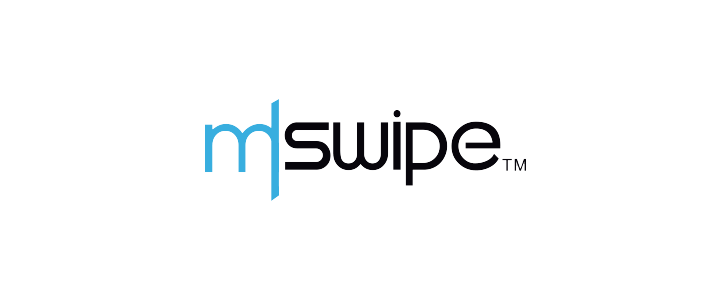
~ Mcapital to meet MSME credit needs; aims to build INR 100 Crore loan book by March 2022 ~
Mcapital, the lending business of Mswipe, today announced the appointment of Tanya Chadha as the Chief Operating Officer (COO). With over 16 years of experience in financial services and credit, Tanya will oversee building a loan book of INR 100 Crore by March 2022.
Tanya’s appointment comes at a time when Mswipe is gearing for a NBFC license. As India’s largest independent POS acquirer with 6.75 lakh POS and 11 lakh QR merchants, Mswipe will target the highly underserved SME segment with access to formal credit through Mcapital.
Joining the leadership team, Tanya will focus on accelerating efforts towards technology innovation and drive new product strategy and growth of the company.
Mswipe CEO Ketan Patel said, “We are building interesting solutions at Mcapital which will fasten the journey of SMEs in accessing formal credit. Tanya brings a wealth of experience in financial services and lending space and we are certain that she will play a pivotal role in our journey to transform into a digital SME bank.”
“SMEs are often faced with the challenge of accessing finance and this acts as an obstacle to start and grow a business. We want to enable them to scale up their business and help them reach their full potential. I am excited to be a part of the fantastic and dedicated team at Mcapital and further accelerate innovation, ensuring compliance and drive organizational vision,” Tanya added on her new role.
Tanya was formerly the Vice President – Lending Product & Business Processes at Mcapital.
She has a rich experience in both secured and unsecured lending across functions like credit, product management, alliances and sales. In her previous company RattanIndia Finance, she led Consumer Finance including personal loans, small business loans and two wheeler loans. An MBA in Marketing and Finance, she has worked with leading NBFCs including HDFC Ltd, Kotak Mahindra Prime and Capital First.
Related News
- 09:00 am
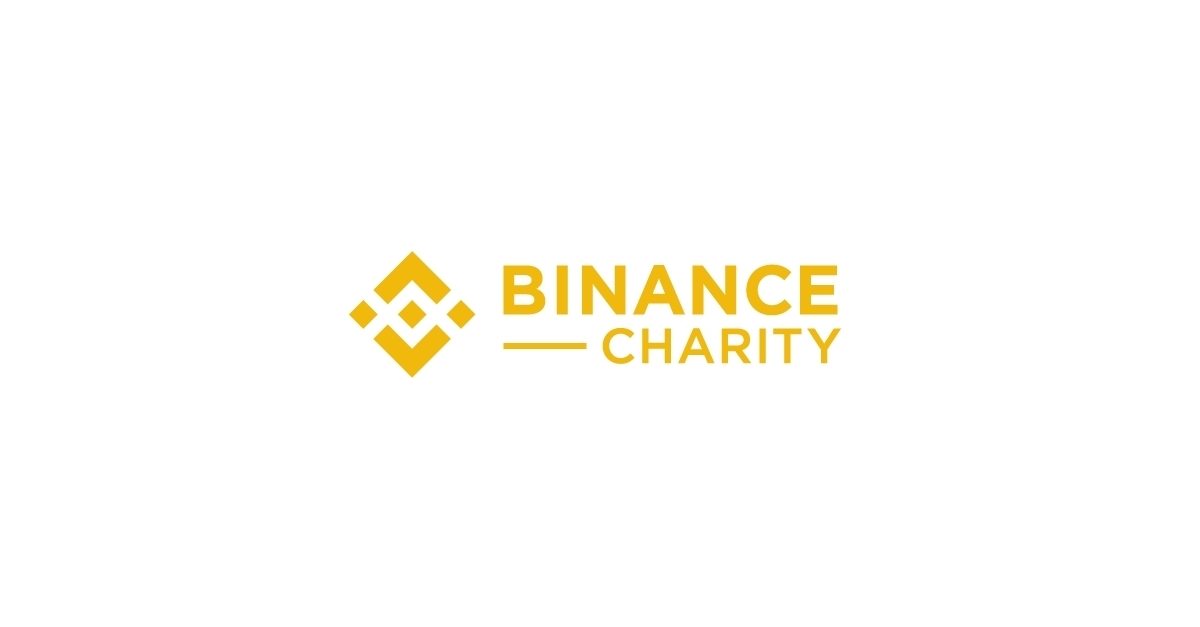
● 10 million trees worldwide
● 100 members by UN Day of Forests 2022
● Multi-million dollar initiative to help reforestation efforts
Binance Charity, the first-ever blockchain-enabled transparent donation platform, leads the most ambitious NFT tree planting project to date, to plant 10 million trees worldwide. Tree Millions Alliance launches next Tuesday on 28th September, led by Binance Charity. The initiative already has 17 crypto industry players confirmed to help with reforestation efforts and aims to have 100 members by 21st March, 2022 in celebration of the UN Day of the Forest.
The multi-million dollar fundraising campaign is open to both corporates and individuals. For every donation made an NFT certificate encrypted with the details of trees planted will be issued. It repurposes NFTs as a tool to track how donors' money has been spent and record details such as the species of tree, where and when it's been planted. As with all Binance Charity projects, 100 percent of the donation will go directly to the project execution partners.
“The crypto industry is young and constantly evolving so we recognise the role our industry needs to play in protecting the planet. Tree Millions is just one step towards mitigating our impact on the natural world; we’ll keep innovating and collaborating to reduce this further. Blockchain technology is a powerful tool for building a fairer, more transparent, and more equal future. We’re determined to continue unlocking this potential,” commented CZ, Founder and CEO of Binance.
Binance Charity is teaming up with Binance NFT, a world leading NFT Marketplace for Tree Millions to plant the NFT in Metaverse to create the world’s largest virtual tree planting forest. In addition, Binance NFT will line-up creators to take part in NFT for Good to drive fundraising efforts for Tree Millions. NFT for Good was first launched in June 2021 by Binance Charity and Binance NFT, with a vision to capture creativity to drive meaningful change. The NFT certificates produced for Tree Millions by Binance Charity will use Binance SmartChain, which uses less than 1% of the energy consumption of Bitcoin.
“The natural world is in crisis and we’re calling on the digital world to help. It’s increasingly clear that we’re all intrinsically linked so if we fail nature, we fail ourselves. We know trees are a critical resource in the battle against climate change and an essential part in keeping balance to our fragile ecosystems that help to provide life on earth; that’s why we’re launching Tree Millions. We believe crypto is the future and we want to be part of a future that is green.” commented Helen Hai, Head of Binance Charity and NFT.
Binance Charity is working with established environmental non-profits to help execute the tree planting, such as One Tree Planted and Koala Clancy Foundation already on board with more to be announced soon. The first phase of the project is underway with a $2 million USD donation from Binance. Tree planting efforts have started in Australia, Canada, Germany, Ukraine, Kenya, Uganda, Ethiopia, Ghana, South Africa, Brazil, Mexico, Colombia, Argentina, India, Indonesia, Philippines, Vietnam and Thailand.
Tree Millions Alliance is one step towards Binance Charity and Binance’s shared vision for a greener crypto industry. Last year, Binance launched Binance Smart Chain (BSC), one of the leading green blockchains. If the Bitcoin network consumes approx. 113.89 terawatts per hour per year (TWh/year) and the traditional banking systems consume 263.72 TWh/yr; Binance Smart Chain consumes less than 1% of it. BSC is extremely eco-friendly and cost efficient as a blockchain and as a NFT minting platform.
Related News
- 05:00 am
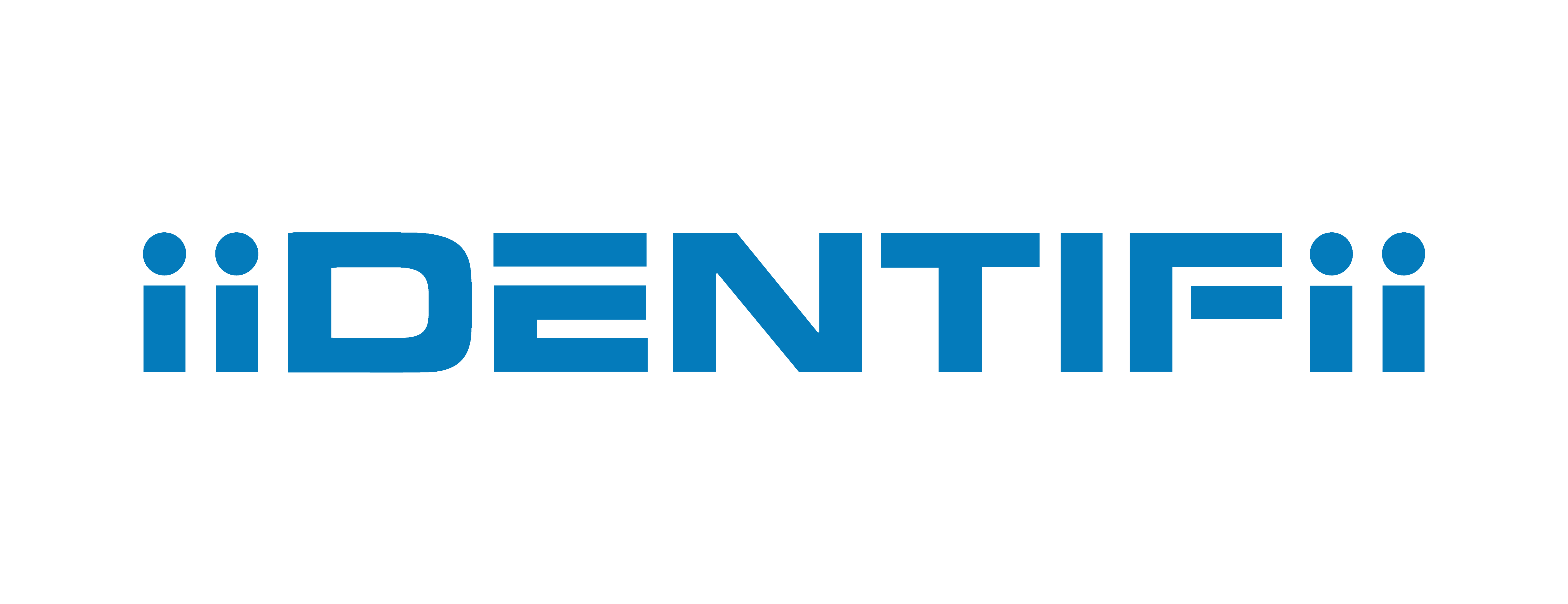
In its 10th year, the MTN Business App of the Year Awards 2021, awarded South African technology company, iiDENTIFii, the Best Enterprise Solution for its biometric digital authentication and automated onboarding solution. Speaking after receiving the prestigious award, co-founder and chief strategy officer, Lance Fanaroff, said that iiDENTIFii felt honoured to win after entering the awards for the very first time.
“It was humbling to see iiDENTIFii in such an impressive line-up. We were happy to be a finalist, so winning was just an incredible feeling. The past three years have been exhilarating as we worked to develop what is now one of the world’s leading digital authentication and onboarding solutions. The credibility gained from this award is almost priceless, and will greatly assist us to further implement our growth across the African continent,” said Fanaroff.
The rigorous process of the MTN Business App of the Year competition was a valuable opportunity for iiDENTIFii to revisit and perfect its market offering: “As an entrant we were expected to deliver significant content, including a demo app, as well as participate in panel interviews. All of this was within a tight timeframe and certainly challenged us to produce our best responses. It was also a great opportunity to be measured against our peers and be awarded for what others also believe to be a game-changing solution.”
Fanaroff says iiDENTIFii offers an end-to-end digital authentication that delivers in under thirty seconds and meets the highest standards of security and data protection. While it is technically complex, the solution simply assures that an individual is a real person and present at the time of transaction or verification, and that the person’s online identity, in a digital world, is who the person claims to be. In essence, we wanted to make sure we could offer a secure and user-friendly technology platform that authenticates physical identities in a connected world. iiDENTIFii strives to be a trusted partner for businesses when it comes to remote biometric identity authentication. It is very relevant in a world that is almost dominated by digitalisation: “It is well known that the Covid-19 pandemic has elevated the role of digital solutions, almost forcing businesses of all types to conduct business online. With the exponentially increasing online digital penetration almost all businesses need solutions that minimise their risk and make online business models convenient and safe to use.”
He says that iiDENTIFii believes that it is for these reasons that the company was bestowed the honour of winning the Best Enterprise Solution category: “It is imperative that technology solutions solve real world problems. We believe that innovation has to solve some of the significant challenges we have as a continent, and as a world. We already have some incredible examples locally and we are so proud to now stand among them too.”
Fanaroff says the award will assist the company to not only extend its footprint, but to also increase its scale and traction with clients, while working tirelessly to ensure the solution remains relevant and is constantly improved and updated, retaining the high standards that the company is known to achieve.
Related News
- 07:00 am

Mastercard announced today that it is naming Magnus Carlsen, the highest-rated chess player of all time, a Mastercard Global Brand Ambassador, as it adds chess to its coveted roster of sports sponsorships. Carlsen is a natural fit to join the company’s all-star lineup of ambassadors, which includes Lionel Messi, Naomi Osaka, Crystal Dunn and Dan Carter. As part of Mastercard’s commitment to bringing new and exciting Priceless Experiences to chess enthusiast cardholders, Mastercard is joining Meltwater Champions Chess Tour as an official partner, effective immediately.
Together with Carlsen and the Tour, Mastercard is curating a wide range of Priceless experiences and exclusive cardholder benefits, via Priceless.com and upcoming promotions to help fans experience what they love about chess. Starting today, cardholders can register for the Chess Insights from World Chess Champion Magnus Carlsen Experience. Fans will get to join Carlsen during a live, virtual experience, and listen to him speak about his passion for chess, with Carlsen answering select questions from the live audience throughout the digital experience. Those who attend the experience will also receive a one-month premium subscription to chess24.com.
Chess has grown and evolved significantly over the last 18 months. Online tournaments have also brought the popularity of chess to new heights. More than 27 million hours of the Meltwater Champions Chess Tour have been watched so far in its inaugural season, already more than all hours watched of chess on Twitch in 2019 with the Tour Finals still remaining.
“Mastercard strives to connect people with their passions,” said Raja Rajamannar, chief marketing and communications officer, Mastercard. “Teaming up with Magnus, widely regarded as the best chess player of all time, and the Meltwater Champions Chess Tour underscores our enthusiastic commitment to provide cardholders with Priceless Experiences that celebrate the physical and mental sport of chess. We’re excited to bring the global chess base closer to the game they love and to engage with new enthusiasts.”
“Having one of the most established brands in the sports world partner with us is an incredible moment not only for Magnus and the Tour, but for the global chess community,” said Andreas Thome, CEO of Play Magnus Group. “With the Tour we are proud that we have been able to build a platform for global brands like Mastercard to activate with chess.”
Through this partnership, Mastercard will also create a chess-themed curriculum for its signature science, technology, engineering and mathematics (STEM) program, Girls4Tech™, continuing the brand’s commitment to promote gender equity and foster a future generation of female chess players.
Carlsen, a four-time World Chess Champion, started playing chess at a young age and quickly amazed the world with his prodigious talent for the game. At 13, Carlsen became the youngest Grandmaster at the time. Since becoming Chess World Champion in 2013 and the highest-rated player in history in 2014, the Norwegian Grandmaster has stayed at the very top in classic, blitz and rapid chess.
Over the past decade, Mastercard has developed one of the most well-rounded sports and entertainment portfolios globally. In 2018, Mastercard became the first global sponsor of League of Legends Esports in a multi-year partnership with Riot Games, signifying Mastercard’s support of the esports community. The sponsorship portfolio also includes partnerships across arts and culture, the culinary world, sports and music.
Related News
- 08:00 am

Lawsuit seeks compensation for harmed consumers, injunction, and civil penalty for alleged violations of the Telemarking Sales Rule
The Consumer Financial Protection Bureau (CFPB) today filed a lawsuit in federal district court accusing a California-based software company and its owner of providing assistance to illegal credit-repair businesses. The CFPB alleges that Credit Repair Cloud and CEO Daniel Rosen have violated the Telemarketing Sales Rule (TSR) and the Consumer Financial Protection Act of 2010 (CFPA) by providing substantial assistance or support to credit-repair businesses that use telemarketing and charge unlawful advance fees to consumers. The CFPB’s lawsuit seeks relief for harmed consumers from the defendants, disgorgement of their unjust gains, an injunction to stop their illegal conduct, and civil penalties.
“Credit Repair Cloud and Rosen have been breaking the law,” said Acting CFPB Director David Uejio. “They are actively assisting credit-repair businesses in violating federal consumer protection laws. They facilitated and encouraged credit-repair businesses to charge illegal advance fees, causing broader consumer harm in the marketplace. The CFPB will not tolerate companies facilitating and profiting from other companies’ violations of federal consumer protection laws.”
Credit Repair Cloud is a California-based corporation founded by Rosen. Since 2013, Credit Repair Cloud has sold software and other tools to help others start and operate credit-repair businesses. A credit-repair business provides consumers with goods or services that purport represented to remove derogatory information from credit reports or otherwise improve a person's credit history, credit record, or credit rating. Such companies that use telemarketing are covered by the TSR, and may not request or receive fees from a consumer until the company has provided that consumer with a credit report that shows the promised results and that was issued more than six months after such results were achieved.
The CFPB’s complaint alleges that Rosen and Credit Repair Cloud are providing substantial assistance to credit-repair companies that use telemarketing to reach consumers and charge unlawful advance fees under the TSR. Specifically, the CFPB alleges that Rosen and Credit Repair Cloud have encouraged the credit-repair businesses that use their services – including trainings, materials, and software -- to charge unlawful advance fees and Rosen and Credit Repair Cloud knew or consciously avoided knowing that these customers were charging advance fees in violation of the TSR.
Enforcement Action
Under the CFPA, the CFPB has the authority to take action against companies and individuals that violate federal consumer financial laws. The CFPB is seeking monetary relief for consumers, disgorgement of unjust gains, injunctive relief, and a civil money penalty.
The complaint is not a final finding or ruling that the defendants have violated the law.
Related News

Gary Dolman & Karen Rudich
NED & CEO at ELEMENTARYb
Gary Dolman, co-founder and CFO of Monzo, now NED at Fintech start-up ELEMENTARYb, and Karen Rudich, CEO of ELEMENTARYb discuss the no see more









